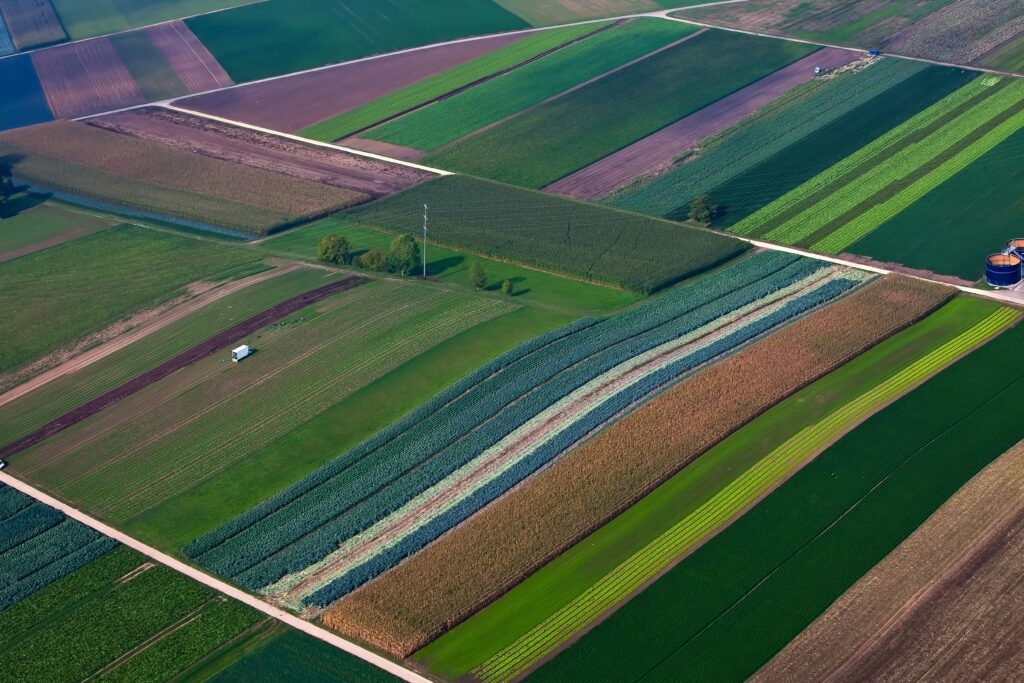Alarmist forecasts of declining crop yields under global warming depend on the assumption that farmers will be too dumb to adapt. Scientists writing in the Proceedings of the National Academy of Sciences have taken issue with that notion, wryly noting: “The combination of warming and absence of adaptation leads to alarming scenarios regarding climate-induced reductions in yield. However, the presumption of no adaptation seems at odds with the ingenuity of farmers.” So they developed a statistical model to examine if farmers adapted in the past, and what it meant for corn crop productivity. The result: changes in climate translated into improved growing conditions because farmers changed techniques to take advantage of new weather conditions. Quelle surprise: once we make realistic assumptions about human behavior, climate change turns out to have an upside.
The IPCC forecasts of future crop yields can be split into the ones that assume farmers won’t adapt, in which case yields fall, or the ones that assume farmers aren’t complete morons, in which case yields of many crops actually go up in a warmer and more CO2-rich world. Moreover, computer forecasts of declining crop yields under global warming fly in the face of a century of actual growth in crop yields under global warming. The studies in question depend on the assumption that farmers will be too dumb to adapt, and that readers will be too dumb to question why forecasters run such dumb models. Eventually people tire of such games, so it’s refreshing to see a new study in the prestigious PNAS calling out the shoddy thinking.
Titled “Peculiarly pleasant weather for US maize” it contains numerous passages that sound awfully close to common sense, at least by academic standards. They note: “current farmer cropping schedules are more beneficial in the climate of the last decade than they would have been in earlier decades, indicating statistically significant adaptation to a changing climate.” Imagine that—farmers make planting, cultivation and harvesting decisions based on current weather conditions, not those of decades past.
They also write: “Over the course of the 20th century, US maize yields have improved by more than a factor of five. Whereas this trend is often attributed exclusively to technological improvements, here, we also identify contributions from improved temperatures during the growing season.”
Improved temperatures?
One swallow does not a Spring make, but to see a warmer climate described in a top science journal as being, in an important respect, better, almost makes one hope that a realistic discussion of the likely actual effects of global warming might soon be at hand, in place of the dreary visions of catastrophists and activists that have dominated the topic for such a long time.


